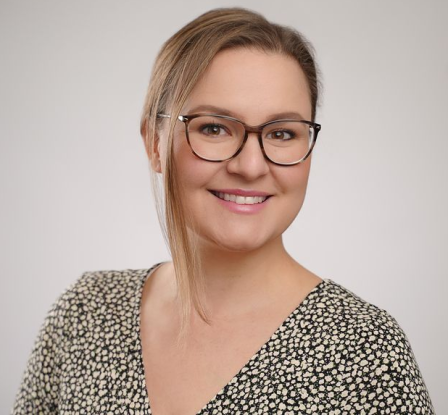In order to gain insights into your study experiences, we conduct structured interviews. This means that we have prepared some interview questions that we would like to ask you in a quiet place. This approach gives the interview a certain structure. At the same time, there is also room for the introduction of impulses and perspectives outside the formulated questions.
We will be happy to send you our questionnaire before our interview; it is not necessary to prepare the content. The questions are intended to highlight the reasons why you are seriously considering not continuing your studies at TU Darmstadt or the reasons why you have already completed your studies at TU Darmstadt without graduating.
Duration of the interview: approx. 30 min.
Interview location: In our office (S1/03 room 364) or at another location
After the interview: The interview will be recorded on a tape recorder and then transcribed using transcription software and subsequently analyzed in an evaluation program. Your data is anonymized so that no conclusions can be drawn. The results of the data collection will lead to a report in which, in addition to the evaluation of the interviews, recommendations for action to improve the study conditions and possibilities for flexibilization will be made.
Would you like to conduct an interview with us? Then simply get in touch with us by email or phone and we will arrange an interview date as soon as possible.







